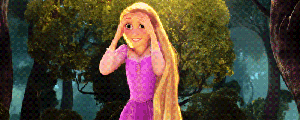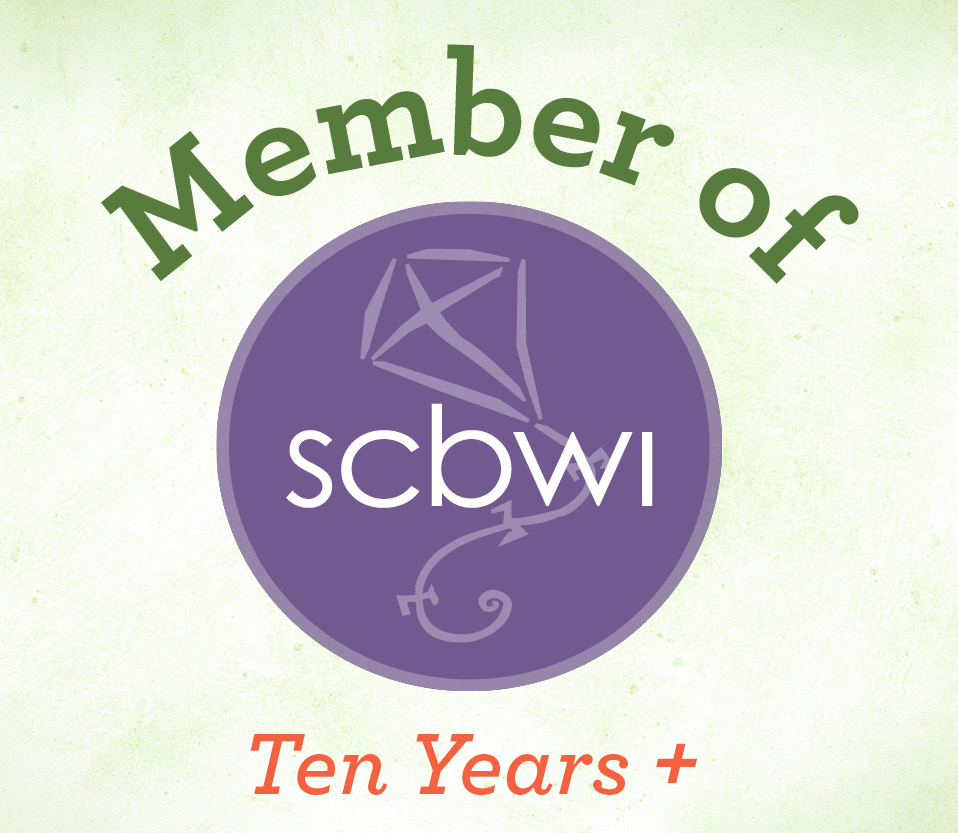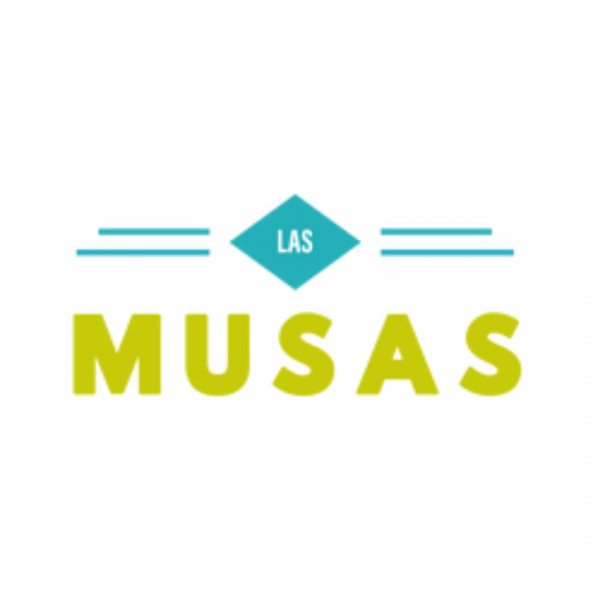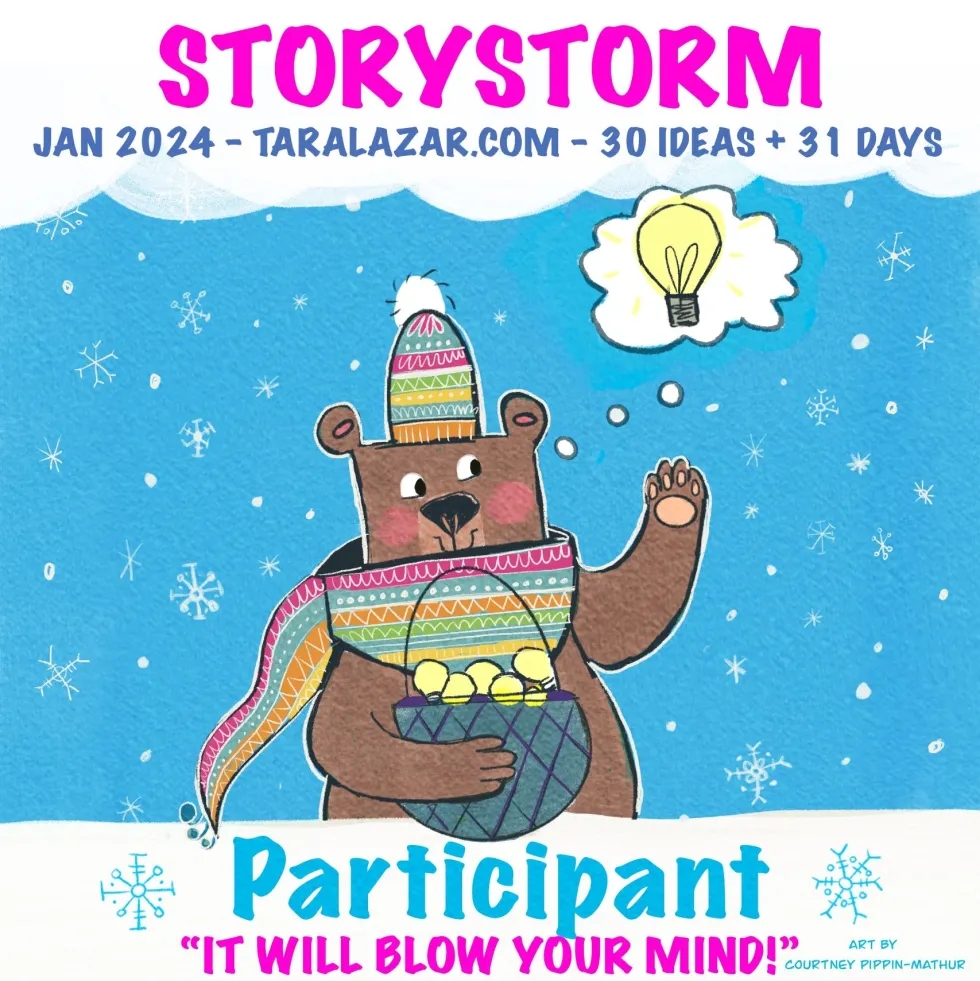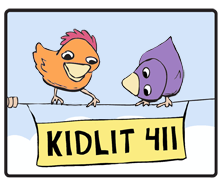I’ve said it before, and I’ll say it again: I love writing conferences. I’ve been attending them for about five years and SCBWI ones for the last three, when I decided to focus on writing for kids. Writing conferences offer a unique opportunity that’s equal parts inspiration, craft, and networking. And there’s something special about those that specialize in kid-lit. I can’t quite put my finger on it, but there’s a collective embracing of everyone who’s new, an inclusion into this fabulous clique. Kid-lit writers are some of warmest, nicest people I’ve ever met.
(NOTE: I’ve met wonderful writers in all the conferences I’ve attended. And I know some pretty amazing writers who don’t write for kids, writers who’ve been instrumental in guiding my writing career. It’s just that when strictly speaking about conferences, I seem to find more camaraderie at SCBWI conferences. Maybe it’s because I’m more “seasoned” now and more comfortable in my own writing skin. Maybe it’s because I know more people. There are many variables, of course.)
This past January 17-19, I went to the 2014 SCBWI Florida Conference in Miami. Third year in a row. Fifth SCBWI Florida conference. And it didn’t disappoint. In fact, if you read my I Have An Agent post, it rocked! But that’s not why I loved it (well, okay, it was part of it, but the truth is, I’ve loved every single SCBWI FL conference I’ve been to, even those where my work didn’t elicit such positive feedback–and yes, I’ve had many of those moments.) I loved this conference because of the people I met and because the workshops offered some great talks on craft and the business.
I attended the Friday Novel Intensive with agent Jen Rofe of Andrea Brown Literary, editor Stacy Abrams of Entangled Publishing, and author Chris Crutcher. It was intense (pun intended), and the topics ranged from the market, to germinating ideas, to execution and beginnings. Then the trio tackled first page critiques, and for the first time since I’ve been attending, everyone who submitted an anonymous first page received feedback. Mine offered an “aha!” lightbulb moment, which I executed right away–and it was that missing link I couldn’t figure out. During the course of the day, we learned that right now, editors are looking for:
- Commercial and fun picture books
- Character-based chapter books
- Fun middle grade, especially for boys
- Well-written, high concept YA
- NO paranormal or dystopian
- Nonfiction, especially narrative nonfiction (autobiographies/biographies)
There were some awesome gems during this intensive, too.
- “Write that thing that scares you.”–Jen Rofe
- “When you’re sitting down, writing your story, tell it in the most raw, intimate way you can tell it.”–Chris Crutcher
- “Now is an awesome time to be a writer because there are so many ways to market.”–Stacy Abrams
I didn’t get to attend the Picture Book Intensive, but all the talk I heard said the same: Deborah Warren, Laura Whitaker, Andrea Pinkney, and Toni Buzzeo were fantabulous. If I could’ve cloned myself, I would’ve!
Friday evening was kicked off with the first-book’s panel, which is always wonderful. And this year it was even better because my writing friend Vivi Barnes was up there with her debut novel, OLIVIA TWISTED. So it was great to know one of the cool kids on the panel! All four of the authors were fabulous: Nancy Cavanaugh, Steven dos Santos, Cristin Bishara, and Vivi. Check out their books!
Then, attendees gathered at Books & Books for snacks, mingling, and a mystery panel of experts: a group of kids ranging from 6 to 16 who answered questions from the moderator, Gaby Triana, about all things books. This panel elicited many awww’s, and it was wonderful to see how eloquent the experts were at verbalizing what they read, their preferences, and what they wished there was more of out there in the book world.
Saturday was full of inspiration. We had fabulous speakers: Chris Crutcher, Augusta Scattergood and Andrea Pinkney, Sarah Pennypacker,Peter Brown, and Lois Duncan. We cried. We laughed. Our heart strings were tugged and twisted. And like with Friday’s intensive, there were beautiful, inspiring gems:
- “Go find those fundamental things (like grief) that are so human, they’re universal. We have to be willing to go there, be embarrassed, tell it all.”–Chris Crutcher
- “Grief– you do it ’till you’re done.”–Chris Crutcher
- “When you’re telling a story, just sit down and tell the hell out of it.”– Chris Crutcher
- “There are readers you will never meet but whose lives you will impact. That is what matters.”–Andrea Pinkney
- “A book connects the reader to the rest of his tribe through time and space.”–Sara Pennypacker
- “Everyone needs their stories reflected back at them. Not just those in extraordinary circumstances.”–Sara Pennypacker
- “Stories allow for empathy.”–Sara Pennypacker
- “Never give up. Learn from your mistakes and keep going…Never burn your bridges…Don’t be afraid to take chances.”–Lois Duncan
- “Every life is a story.”–Lois Duncan
- “The only thing stronger than law enforcement is the power of the pen.”–Lois Duncan
- “Don’t let yourself be crushed with rejections of a book today. If you really think it’s a good book, keep it.”–Lois Duncan
The agent panel featured agent extraordinaires Deborah Warren, Jen Rofe, and Ammi-Joan Paquette, while the editor panel included stellar editors Stacy Abrams, Kat Brzozowski, Laura Whitaker, Andrea Pinkney, and Aubrey Poole. Both panels were enlightening and so fun to listen to. It’s always eye-opening to hear what agents and editors are looking for in manuscripts, what entices them to keep reading. What did I learn? The time for problem novels is over. Instead, agents and editors are looking for work that contain “issues” without being about the issues, for diverse characters whose stories aren’t (only) about being diverse. Paranormal and dystopian are out… for now. The market and editors’ lists are completely full for now. Tuck those PNR and dystopian manuscripts for a later time. Agents and editors also looking for writers to have an online presence, but as Ammi-Joan Paquette pointed out, “an awkward [online] presence is probably worse than no presence” at all. And it certainly shouldn’t come at the expense of your writing! Others wish list items mentioned: country song in a book, boy books, dirty dancing YA, book about singing, multicultural books, picture books, exotic/overseas settings, books about food/eating/bakeries, experimentation in format, LGBTQ, diversity, piercings/tattoos.
Saturday night ended with a Steampunk smash. The Clockwork Ball was a huge success and showed just how well South Floridians like to party. The costume contest was fabulous, the food was good, and the company was even better–which means there were many sleepy, groggy conference-goers the next morning!
Sunday’s workshops were varied and timely. They included topics from voice in YA, to picture books, to romance, character development, and nonfiction–and everything in between. I wanted to split myself up so I could attend them all! I sat in Kat Brzozowski’s workshop on voice in YA and Laura Whitaker’s editor/writer relationships, and both were enlightening. Kat brought in some very cool acting exercises to illustrate how important it is to know our characters’ voices, and she had us dissecting published pages to do the same. Laura’s talk on what editors want in their writers, along with the current state of publishing, was enlightening and hilarious.
We said our final good-byes after the workshops. It was bittersweet. This was perhaps one of the best–if not the best–writing conferences I’ve attended. I’m looking forward to see what our Mid-Year Workshops (June 6-7 in Orlando) will bring. SCBWI Florida Regional Advisors Linda Rodriguez-Bernfeld and Gaby Triana, along with the rest of the SCBWI Florida crew put together some pretty awesome conferences! And check out this lovely slide show, put together by our Assistant Regional Advisor Curtis Sponsler.
Happy writing, everyone!



